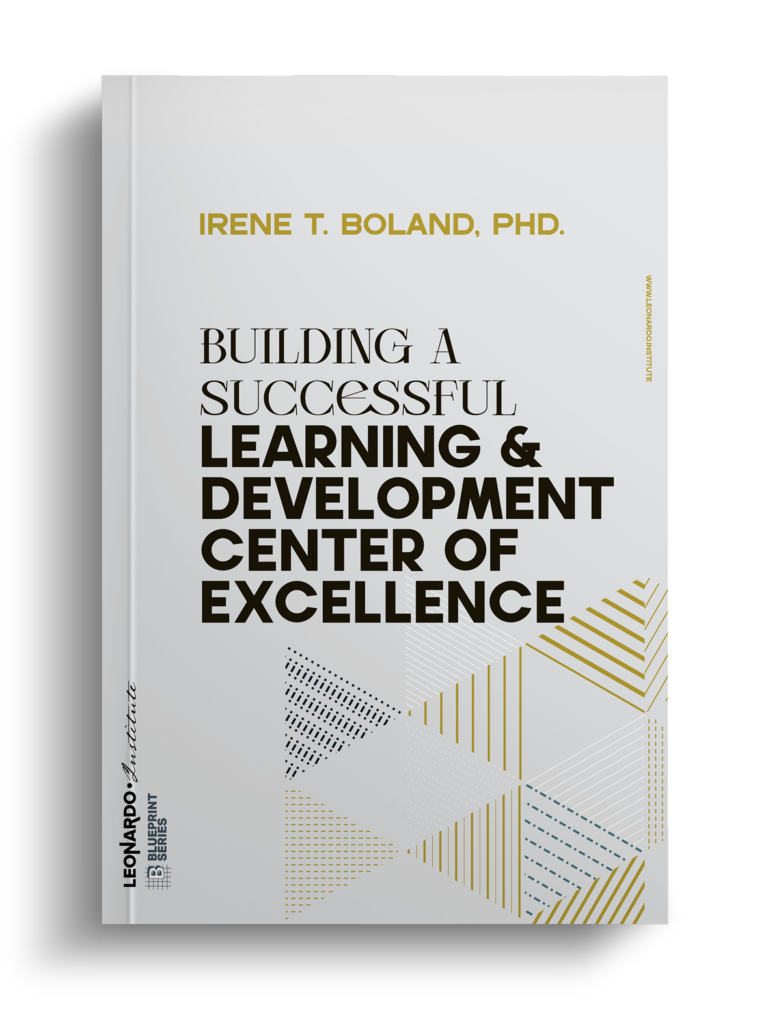Workplace inclusion can take many forms. Here are interesting examples from leading companies like Sanofi, Savola Group, Société Générale, Sopra Steria, and Standard Chartered Bank, each contributing to a more inclusive and equitable global workforce. Let’s examine their approaches and the lessons that can be gleaned for organizational development and employee engagement.
Sanofi’s Proactive DE&I Board Initiatives
In the pharmaceutical industry, Sanofi has distinguished itself by forming a Diversity, Equity, and Inclusion (DE&I) Board, a pioneering body with a mandate to effectuate change on a global scale. Comprising external experts, executives, and employees, the board’s function is multifaceted—ensuring accountability, directing DE&I strategies, and expediting the realization of the company’s 2025 objectives. Sanofi’s commitment is evident in its comprehensive accessibility audit, involving 100 of its sites. This audit, which sets a benchmark for global accessibility standards, is a collaborative effort with the Ability+ Employee Resource Group and external firms, underscoring the company’s resolve to integrate DE&I in every facet of its operation.
With this structural overhaul, Sanofi aims to enhance physical, digital, and operational inclusivity, making every workplace element—from facilities to technology—accessible to all employees, including those with disabilities. This strategy not only aligns with international best practices but also positions Sanofi as a frontrunner in cultivating a workplace that values diversity and fosters equality for all employees.
Savola Group’s Workplace Adjustment Services
Savola Group’s initiatives represent a comprehensive effort to integrate persons with disabilities into the workforce at full potential. Recognizing the unique requirements of its diverse employee base, Savola Group has instituted a workplace adjustment request process that is both robust and individual-centric. This process, which is a part of the human resources self-services, is designed to ensure that employees with disabilities are not just included but are also positioned to contribute significantly to the company’s success. Savola Group’s approach involves three key areas: job restructuring for flexible work schedules, modifications to the physical environment like adjustable height workstations, and enhancements to communication tools, including alternative document formats and assistive technologies.
These tailored accommodations underline Savola Group’s dedication to fostering an inclusive work environment. By focusing on the individual needs of employees with disabilities, Savola Group not only complies with inclusive employment laws but also embraces a culture that sees diversity as a driver of innovation and business growth.
Société Générale’s Mission Handicap and Inclusive Initiatives
Société Générale’s commitment to disability inclusion is reflected in its long-standing Mission Handicap initiative. The Mission has been instrumental in advocating for the employment and retention of individuals with disabilities, providing essential support in the form of training and awareness-raising. Société Générale’s comprehensive approach includes collaborative endeavors such as Inclusiv’Day, allowing the exchange of effective practices on disability inclusion. Société Générale’s active engagement with trade unions and stakeholders, along with the provision of additional leave days and dedicated support teams, exemplifies a holistic and sustainable commitment to inclusion.
With a significant number of employees with disabilities employed across various regions, Société Générale not only meets but exceeds the expectations for creating a diverse workforce. The emphasis on training and integration for all stakeholders ensures that disability inclusion remains an integral part of the company’s human resources strategy, paving the way for an inclusive corporate culture.
Sopra Steria’s HandiTutorat Mentoring Programme
Sopra Steria’s HandiTutorat programme represents an innovative step towards inclusive education and professional development for people with disabilities. This mentoring scheme connects engineering students with high school students with disabilities, fostering a two-way learning experience that enriches both parties. Sopra Steria’s managers play a crucial role in guiding these relationships, ensuring that the programme not only opens doors to higher education for the mentees but also cultivates a deep understanding of workplace inclusion among future professionals.
The programme’s impact is measurable and significant, with various engineering schools participating and recognizing the value of the skills imparted through HandiTutorat. Success stories like that of Benoit, who overcame his physical challenges to pursue a career in computer engineering, underscore the tangible benefits of such mentoring initiatives. Sopra Steria’s commitment to this programme illustrates the transformative power of mentorship and education in creating a more inclusive society.
Standard Chartered Bank’s Disability-confident Assessment
Standard Chartered Bank’s proactive Disability-confident Assessment tool is a reflection of its commitment to being a disability-confident organization. This internal tool, which encompasses leading practices and standards across infrastructure accessibility, client accessibility, and community impact, demonstrates the bank’s strategic intent to create an inclusive environment for all. By assessing and addressing gaps, Standard Chartered Bank has achieved significant progress in self-identification among its employees with disabilities, improved digital banking accessibility, and has taken decisive steps to ensure supplier diversity that aligns with its mission for global inclusion.
The bank’s approach to disability inclusion is not merely about internal policies; it’s about creating a ripple effect that enhances the banking experience for clients and sets a standard in the community for inclusivity. The tangible actions taken as a result of this assessment highlight Standard Chartered Bank’s leadership in fostering a culture where accessibility and disability confidence are integral to the organization’s identity and operations.
Put it to Work
As you consider these best practices for your organization, think about how you can implement global standards like Sanofi’s DE&I Board to monitor and drive disability inclusion. Emulate Savola Group’s customized workplace adjustments to cater to individual needs, and incorporate comprehensive support systems as seen in Société Générale’s Mission Handicap. Consider the potential of mentorship programs like Sopra Steria’s HandiTutorat to bridge the gap in education and employment for people with disabilities. Lastly, take inspiration from Standard Chartered Bank’s Disability-confident Assessment to create an environment that celebrates diversity and empowers individuals with disabilities.
The Takeaway
The outlined practices from Sanofi, Savola Group, Société Générale, Sopra Steria, and Standard Chartered Bank provide actionable insights into the diverse ways companies can approach disability inclusion. These initiatives, varying from internal audits to mentorship programs, not only comply with but also set new benchmarks for inclusion within the corporate sector. By adopting similar measures, you can contribute to a workplace culture that truly values diversity and leverages it as a strength for business success and community engagement.


